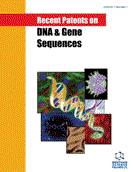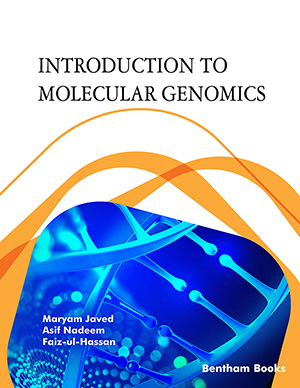Abstract
There has been rapidly increasing interest in innate immunity in recent years. Natural killer (NK) cells are cytotoxic lymphocytes that constitute a major component of the innate immune system. NK cells are mainly modulated through different receptors and cytokines. The killer immunoglobulin-like receptors (KIRs) represent the largest category of NK cell receptors. KIR function is mainly regulated by binding both classical MHC I (human leukocyte antigen, HLA A, B and C) and also non-classical MHC. Some KIRs are specific to certain HLA subtypes. Questions about how the NK cells sense self-antigen, infection, and altered cells, and how a protective immune response can be induced are being answered at the molecular level. Research has revealed the central role of innate immunity in the pathogenesis of many autoimmune and inflammatory diseases, as well as B-cell malignancies, with the emergence of recent developments for KIR characterization, disease monitoring, and treatment. In this paper, we report three recent patents focused on KIR applications: the first one is targeted at the determination of the complex KIR haplotypes by using next generation sequencing; the second patent represents a practical approach for genotyping and treatment of the main KIR-related autoimmune and chronic inflammatory diseases; and the last patent describes the possible contributions of KIR to promising combination immunotherapies.
Keywords: Autoimmune diseases, B-cell malignancies, chronic inflammation, CD28nullCD8+ T-cells, diagnosis, HLA, human leukocyte antigens, innate immunity, KIR, killer immunoglobulin-like receptors, KIR3DL1 receptor, NK, natural killer cells, NGS, next-generation sequencing, mAb, monoclonal antibody, 1-7F9 mAb, monitoring of disease, treatment, immunoglobulin-like receptors
 12
12











